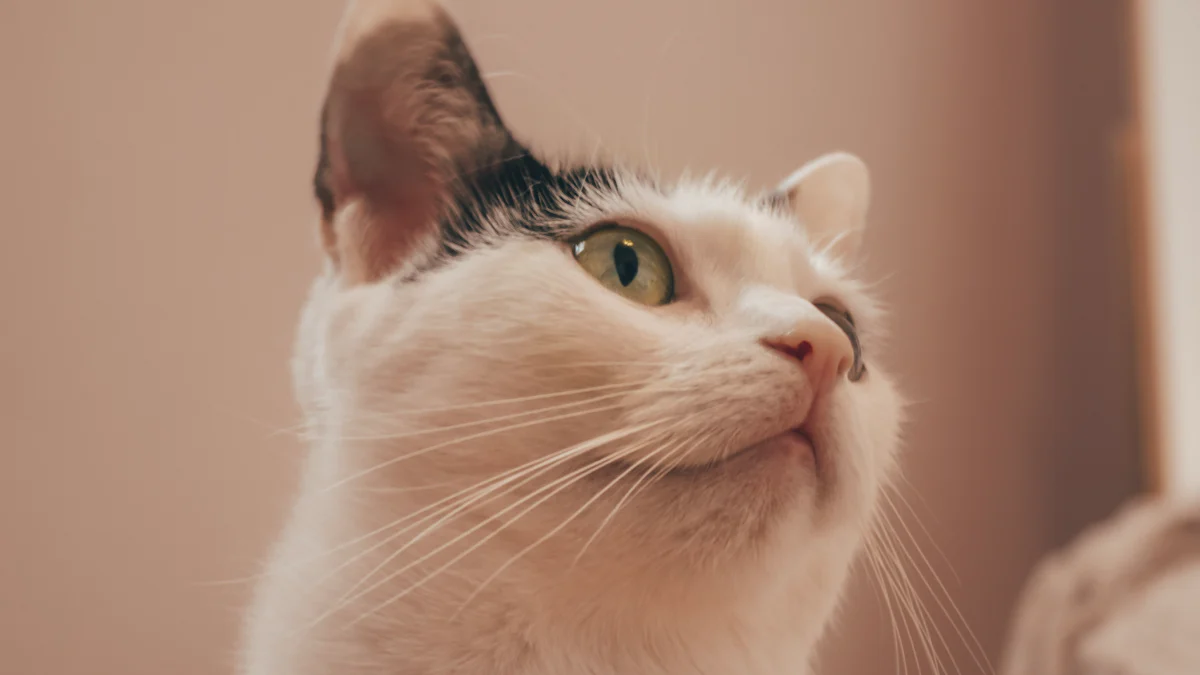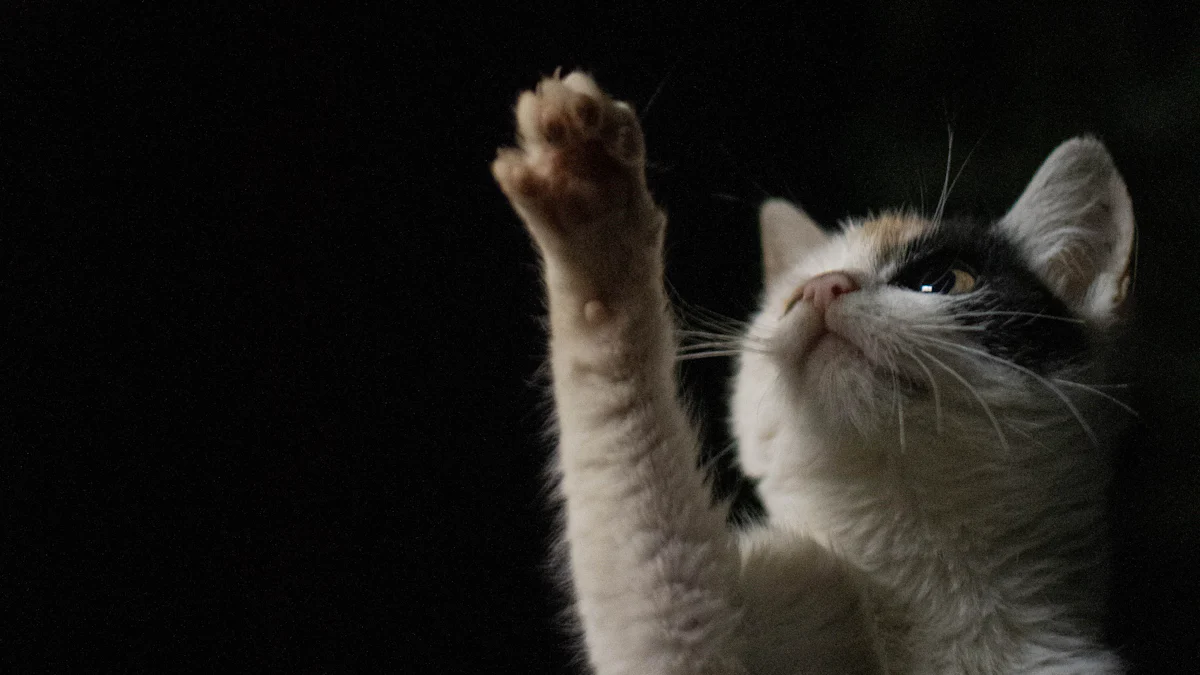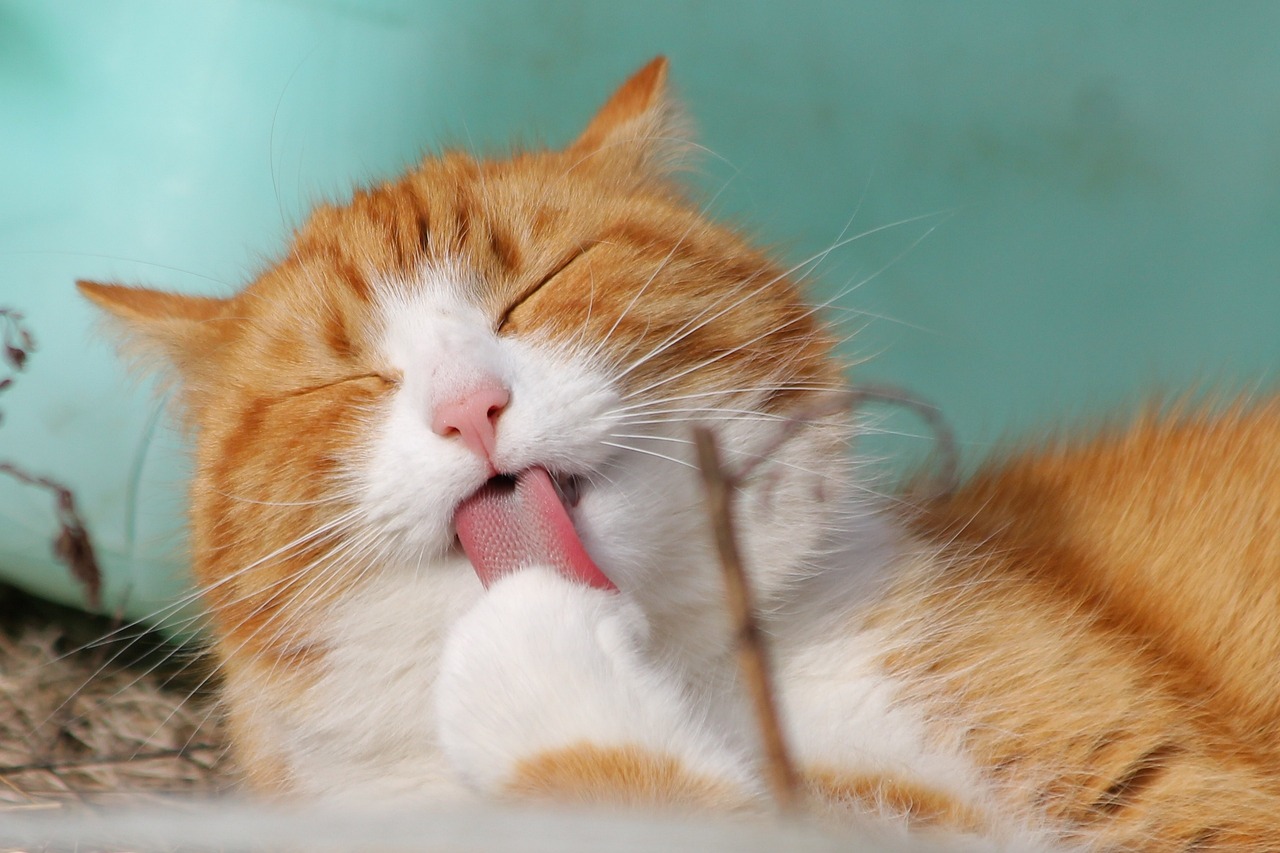
Have you ever noticed your cat chirping at birds outside the window? This curious behavior often stems from a mix of excitement and frustration. When your feline friend spots potential prey, like a bird, their instincts kick in, and they can't help but express their anticipation through cat chirping at birds. This sound is a natural part of their hunting behavior, signaling their focus and eagerness. While it might seem unusual, cat chirping at birds is a normal and fascinating aspect of feline communication. So next time you hear those chirps, know that your cat is just engaging with their inner hunter.
Key Takeaways
Cats chirp at birds as a natural expression of their hunting instincts, reflecting excitement and frustration.
This behavior is a normal part of feline communication and does not typically indicate health issues.
To enhance your cat's well-being, provide safe outdoor views, such as bird feeders, to stimulate their natural instincts.
Engaging your cat in play with toys that mimic prey can help satisfy their hunting desires and reduce frustration.
Recognizing your cat's chirping can improve your bond and help you understand their emotional state.
If chirping becomes excessive, consult a veterinarian to rule out any underlying health concerns.
Creating a stimulating environment with interactive play and comfortable viewing spots can lead to a happier, more content cat.
Understanding Cat Chirping at Birds

Excitement and Stimulation
When your cat spots a bird outside, you might notice an immediate change in their behavior. The thrill of seeing potential prey can send a surge of excitement through your feline friend. This excitement often manifests as cat chirping at birds. It's like your cat is saying, "Look at that! I want to catch it!" The sight of a bird flitting about can be incredibly stimulating for your cat, triggering a vocal response that reflects their heightened state of alertness.
Visual stimuli play a significant role in this behavior. When your cat sees a bird, their brain processes the image as a potential hunting opportunity. This visual cue can trigger a series of vocalizations, including chirping. It's a fascinating display of how your cat's instincts come alive at the sight of prey.
Frustration and Desire
While excitement fuels the chirping, frustration can also play a part. Imagine your cat watching a bird through the window, unable to reach it. This inability to get to the prey can lead to a vocal expression of frustration. Your cat might chirp as if to say, "I want to catch it, but I can't!" This vocalization serves as an outlet for their pent-up energy and desire to hunt.
Chirping becomes a way for your cat to cope with the frustration of being separated from their prey by a barrier. It's a natural response that helps them manage their emotions and maintain focus on the tantalizing sight outside.
Instinctual Hunting Behavior
Cat chirping at birds isn't just about excitement or frustration; it's deeply rooted in instinctual hunting behavior. Some experts believe that cats mimic the sounds of their prey to lure them closer. By imitating bird calls, your cat might be trying to trick the birds into thinking there's another bird nearby. This clever tactic could potentially bring the prey within striking distance.
Chirping also plays a role in your cat's hunting strategies. When they make these sounds, they're engaging in a practice run for the real hunt. It's as if they're rehearsing the actions they would take if they were actually chasing and catching the bird. This behavior showcases the complex and fascinating nature of your cat's hunting instincts.
Is Chirping a Cause for Concern?
Normal Feline Behavior
Chirping is a common behavior in cats, and most of the time, it's completely harmless. Your cat's chirping at birds is a natural expression of their instincts and excitement. They are simply engaging with their environment in a way that feels right to them. This behavior doesn't usually indicate any health issues.
However, if you notice your cat chirping more than usual or if it seems excessive, it might be worth consulting a veterinarian. Dr. Sarah Wooten, a veterinarian, suggests that a vet visit can help rule out any underlying health concerns. Your vet can check for signs of pain or discomfort that might cause your cat to chirp more frequently. It's always better to be safe than sorry when it comes to your furry friend's health.
Understanding Your Cat's Needs
Recognizing signs of stress or anxiety in your cat is crucial. If your cat seems stressed, they might chirp more often. Look for other signs like hiding, changes in appetite, or unusual aggression. These could indicate that your cat is feeling anxious or uncomfortable.
To help your cat feel more at ease, ensure they have a stimulating environment. Provide plenty of toys and activities that mimic hunting, like feather wands or laser pointers. These can help satisfy their natural instincts and reduce any frustration they might feel from watching birds they can't reach. Creating a comfortable space where your cat can watch birds safely can also help them feel more relaxed and content.
Encouraging and Managing Chirping

Providing Safe Outdoor Views
Creating a stimulating environment for your cat can enhance their happiness and well-being. One way to do this is by setting up bird feeders outside your windows. This setup not only attracts birds but also provides your cat with endless entertainment. Watching birds flit around the feeder can keep your cat engaged and excited, encouraging their natural instincts without any frustration.
To make the experience even more enjoyable, consider creating a comfortable viewing spot for your cat. Place a cozy bed or a soft blanket on a windowsill where they can lounge and watch the birds. This spot becomes their personal theater, offering a front-row seat to the fascinating world outside. Your cat will appreciate having a dedicated space to indulge in their favorite pastime of bird-watching.
Engaging Play Activities
In addition to providing outdoor views, engaging play activities can help satisfy your cat's hunting instincts. Use toys that mimic prey, such as feather wands or small plush animals. These toys can trigger your cat's natural predatory behavior, allowing them to practice their hunting skills in a safe and controlled environment.
Interactive play sessions are another great way to manage your cat's energy and excitement. Spend time each day playing with your cat, using toys that encourage them to chase and pounce. This not only satisfies their hunting instincts but also strengthens the bond between you and your feline friend. By providing these engaging activities, you help your cat channel their energy positively, reducing any frustration they might feel from watching birds they can't reach.
Encouraging cat chirping at birds through safe outdoor views and engaging play activities can lead to a truly happy and content indoor cat. By understanding and supporting their natural behaviors, you create an enriching environment that caters to their instincts and needs.
Cats chirp at birds because of their natural instincts and excitement. This behavior is a normal part of their communication and shouldn't worry you. By encouraging cat chirping at birds, you allow your feline friend to connect with their wild roots and experience the thrill of the hunt. Providing engaging activities and safe viewing opportunities can help manage this behavior. Understanding why your cat chirps enhances your bond and ensures their well-being. Recognizing these sounds helps you differentiate between chirping and other vocalizations, improving your relationship with your furry companion.
FAQ
Why do cats chirp at birds?
Cats chirp at birds because it's part of their hunting instinct. When they see a bird, they feel excitement and sometimes frustration. This chirping is their way of expressing those emotions.
Why do cats chirp?
Cats chirp as a form of communication. This sound resembles a clicking noise and is part of their natural behavior. They might chirp to show excitement, interest, or even to get your attention.
Is chirping a normal noise for cats?
Yes, chirping is a normal noise for cats. It often sounds like rhythmic bird chirping. Cats use it to communicate various feelings, such as contentment or excitement.
What does it mean when my cat chirps at birds?
When your cat chirps at birds, they are likely communicating excitement or trying to get your attention. It's a natural response to seeing potential prey.
Can chirping indicate my cat's mood?
Absolutely! Cats chirp to express different emotions. Louder chirping can indicate stronger feelings, such as heightened excitement or frustration.
Why is my cat chirping while watching birds?
Your cat might chirp while watching birds due to anticipation or excitement. They may also do it to get your attention, especially if they want to interact with you.
Do all cats chirp?
Not all cats chirp, but many do. It's a common behavior linked to their hunting instincts and communication needs. If your cat doesn't chirp, it doesn't mean anything is wrong.
How can I encourage my cat's chirping?
You can encourage your cat's chirping by providing stimulating environments. Set up bird feeders outside windows or engage them with toys that mimic prey. This can enhance their natural instincts and keep them entertained.
Should I be concerned if my cat chirps a lot?
Chirping is usually harmless. However, if your cat chirps excessively or shows signs of stress, consider consulting a veterinarian. They can help rule out any underlying health issues.
How can I differentiate between chirping and other cat sounds?
Chirping often sounds like a series of quick, high-pitched noises. It's different from meowing or purring. By paying attention to the context and your cat's body language, you can better understand what they're trying to communicate.
Cats chirp when watching birds as a fascinating blend of instinct and excitement, reflecting their hunting nature and desire to engage with the avian world. This quirky behavior highlights the strong connection between our pets and wildlife. To enhance your cat's viewing experience, consider adding our Smart Bird Feeder to your backyard. It attracts various birds and features a camera, allowing you to capture all the action up close. Visit our product page today and bring the wonders of birdwatching right to your home!













